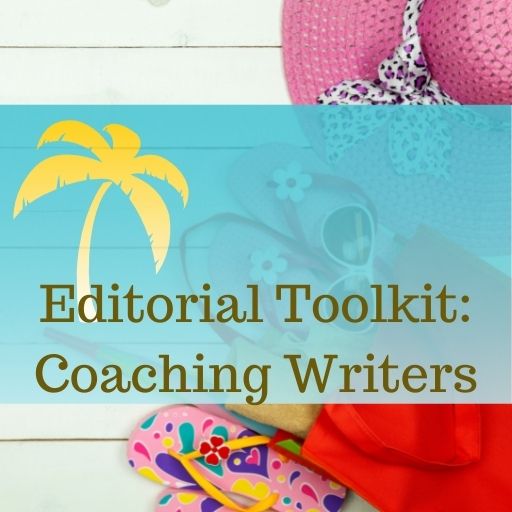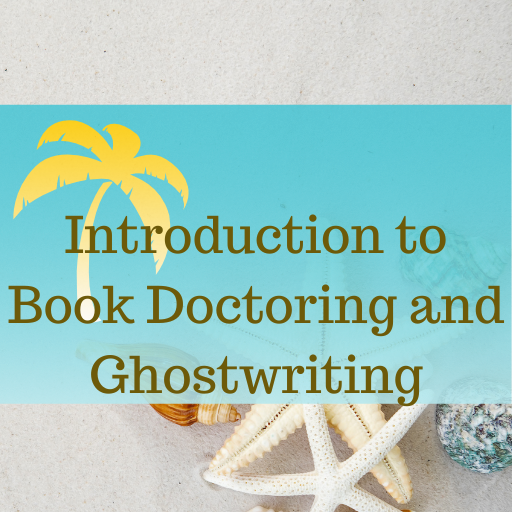Two major misconceptions about coaching writers
Talented developmental editors are often hesitant about adding coaching to their menu of services. Over my years of teaching, I’ve learned there are two main misconceptions that stop people.
First misconception about coaching writers
One common misconception editors have is thinking that coaching is a lengthy, ongoing process, like therapy, and they don’t necessarily feel confident in offering something like that (nor are they confident their clients could pay a reasonable fee for it). I mean, I’d be nervous with the idea of committing to a client for weekly meetings for the next six months.
But coaching isn’t therapy. You can coach a client for an hour or two and be done. If you’re helping an author solve a problem of limited scope, then that may be all the help they ever need from you. That doesn’t mean it isn’t worthwhile (for you or them).
As you build confidence, maybe you start offering ongoing coaching to support authors throughout the writing and revision process. But you don’t need to start where you end up. You just need to start somewhere.

Second main misconception when coaching writers
The second most common misconception is editors thinking that coaching is all about giving advice. They’re concerned that they don’t know enough to answer every writing question a client might have. I’ve been helping writers for over twenty years and I don’t know all the answers, so I understand this objection.
But coaching isn’t a transaction where you dispense wisdom as soon as a coin is inserted into your wallet. It’s a process where you and the author work together to discover the solutions.
In my admittedly loose definition of coaching, I include anything that helps a writer that isn’t actually a developmental edit. So this might be:
- helping them brainstorm ways to find time to write
- serving as an accountability partner as they draft or revise a ms
- reviewing disparate feedback from a variety of beta readers to help them gain clarity about what should be accomplished in the revision
- helping them understand the reasons for the rejection letters they’re getting from agents
- reviewing the first few chapters of a ms to help the author figure out why they’ve stalled
- helping them brainstorm solutions to problems they’ve already identified in their work
As you can see, some of these don’t require a lot of expertise in storytelling techniques so they can be a good place to start if you’d like to build up your confidence first. And of course there are dozens of possibilities I haven’t listed here.
The key is to start with something you feel fairly confident about offering and to build from there. Maybe you’re really good at using time effectively and can show some of your techniques to writers. Maybe you know all about technology tools that can help authors in their work. Maybe you are just a really good listener. Any of those (and many more) are excellent places to start.
Other Helpful Content
Focus on a limited number of problems in story development
Typically in a manuscript evaluation or developmental edit, I focus on what I perceive to be the three-to-five most important concerns I’ve noticed in the ms. This is the approach I teach my editing students. Editing too many problems at once overburdens the author In any given ms, there may be ten or fifteen developmental problems…
Clients who want services you don’t offer
Newer freelancers sometimes come to me in a panic because a client has approached them to do work that’s outside their typical scope. Commonly this is something like the freelancer offers copyediting and developmental editing but the client wants coaching. What should they do? They don’t know how to coach, they don’t offer coaching services,…
Expand into Book Doctoring and Ghostwriting
If you’ve been a developmental editor for any length of time, you’ve likely encountered an author who just wants you to write the book for them. Or, you’ve encountered a manuscript that was in such disrepair that it required a herculean effort to fix it, dropping your hourly rate down to pocket change. As a…
Join the Club!
New to story editing? Begin at the beginning.




